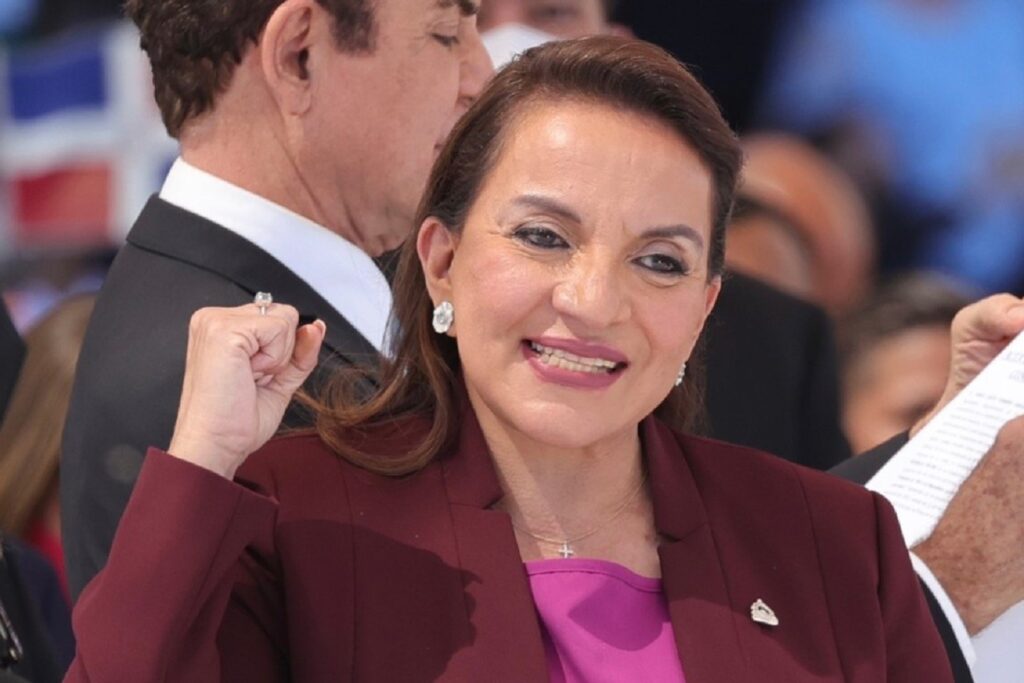Honduras’ first woman president Xiomara Castro has overturned a 13-year ban on the emergency contraceptive pill.
In recognition of International Women’s Day, Castro made the change and fulfilled a campaign promise, saying in a tweet that the “8 March commemorates women’s historic struggle”.
“I am signing the Executive Order for the universal use of the morning-after pill,” she said, adding that “the World Health Organization determined it is part of women’s reproductive rights and not abortive.”
In the heavily Catholic nation, Castro entered office last year after running her campaign on a promise to roll back the country’s restrictive reproductive policies.
Use of the morning-after pill was banned in Honduras following a coup in 2009 that forced out Xiomara Castro’s husband, former-President Manuel Zelaya, from office.
Castro replaced President Juan Orlando Hernández, who faced allegations of drug trafficking, and her election marked the end of a 12-year reign of the right wing National party.
Late last year, campaigns from feminist groups influenced the health ministry to approve the use of the morning-after pill for victims of rape.
He said, “We are not going to promote the morning-after pill as contraception”, adding that he thought the pill would lead to “sexual debauchery.”
Dr. Matheu’s response garnered much criticism from activists, and on IWD this year, he was photographed with President Castro as she signed the new executive order on the pills, and hasn’t since commented on the matter.
That day, hundreds of women marched through Honduras’ largest cities of Tegucigalpa and San Pedro Sula as well in protest of restricted reproductive rights, femicides and the killing of women due to their gender
Abortion is still heavily regulated in Honduras where the punishment is up to six years in prison, including in cases of rape or incest.
The year before Castro took presidential office, the nation’s congress passed a constitutional reform to protect anti-abortion laws. The reforms require a three-fourths vote to change the laws, and women’s and human rights groups have filed more than a dozen appeals– so far unsuccessful– against this ruling.
According to a UN estimate, between 51,000 and 82,000 unsafe abortions are performed in Honduras every year.


